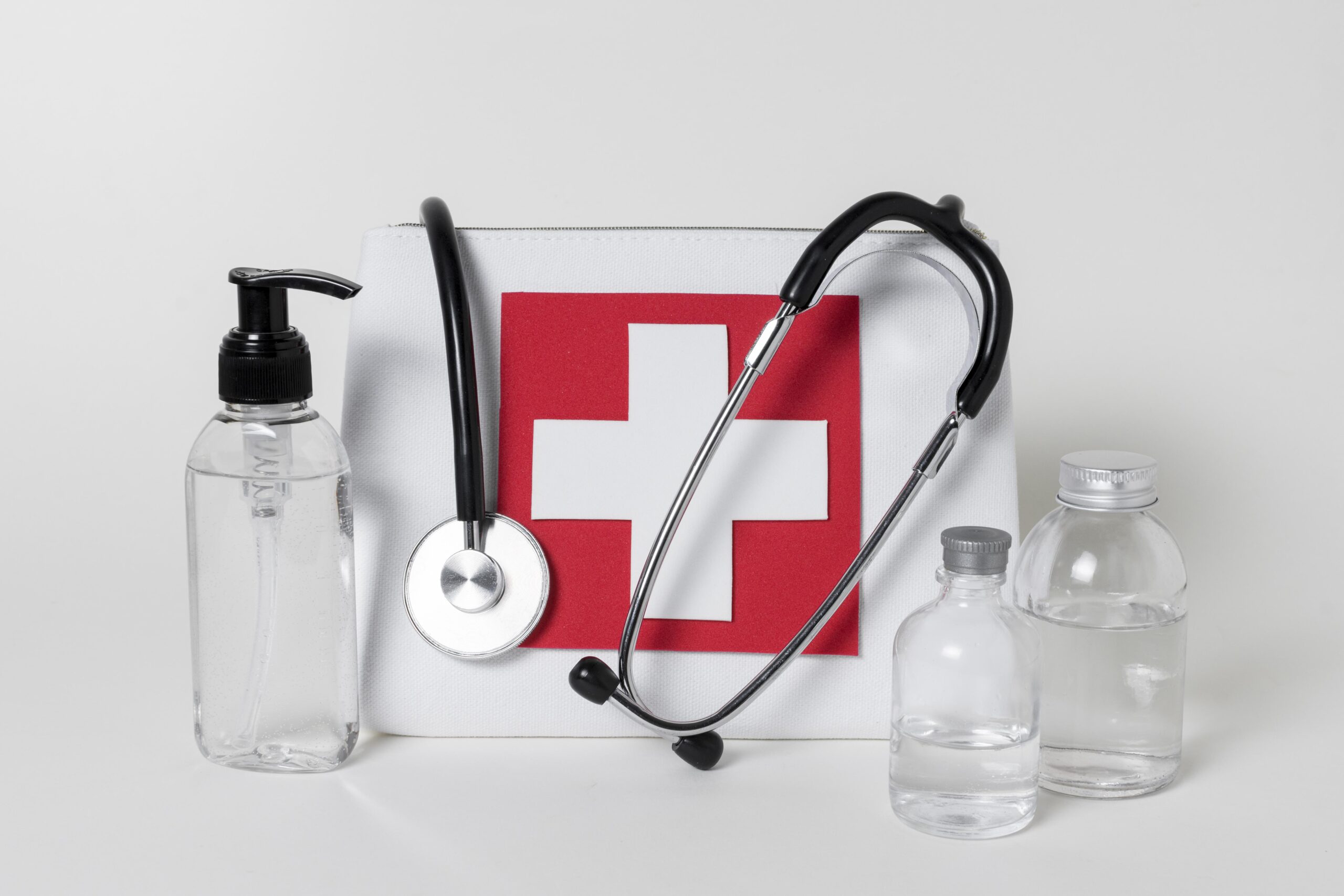In recent years, there has been a growing trend towards home healthcare, with more individuals and families opting to provide care and treatment within the comfort of their own homes. Whether it’s for aging parents, individuals with chronic conditions, or post-operative care, having the right medical equipment at home is essential for ensuring the well-being and safety of your loved ones. In this guide, we’ll explore the must-have medical equipment for home healthcare and how it can make a significant difference in the quality of care provided.
1. Mobility Aids
Mobility aids are crucial for individuals with limited mobility due to age, injury, or illness. These include:
Wheelchairs: Manual or electric, wheelchairs provide independence and mobility for those who can’t walk or have difficulty doing so.
Walkers and Rollators: These assist individuals with balance and stability issues, providing support during walking.
Canes: Canes help with balance and can reduce the risk of falls for those who need extra support.
2. Bathroom Safety Equipment
Bathroom falls are a common cause of injuries among the elderly. To prevent accidents, consider the following:
Grab Bars: Installing grab bars near the toilet, shower, and bathtub can help individuals maintain their balance.
Shower Chairs or Benches: These provide a safe place to sit while showering and reduce the risk of slipping.
Raised Toilet Seats: They make it easier for individuals with mobility issues to sit and stand.
3. Home Respiratory Equipment
For individuals with respiratory conditions, having the right equipment can significantly improve their quality of life:
Oxygen Concentrator: Provides a continuous supply of oxygen for individuals with breathing difficulties.
CPAP or BiPAP Machines: Used to treat sleep apnea and other breathing disorders, ensuring restful sleep.
Nebulizers: These devices help administer medication in aerosol form for respiratory conditions.
4. Patient Monitoring Devices
Monitoring vital signs is crucial, especially for those with chronic conditions. Essential monitoring equipment includes:
Blood Pressure Monitor: Helps track blood pressure, vital for individuals with hypertension or heart conditions.
Pulse Oximeter: Measures oxygen levels in the blood, vital for those with respiratory conditions.
Glucose Meter: Essential for individuals with diabetes to monitor blood sugar levels.
5. Medication Management
Managing multiple medications can be challenging. These devices can simplify the process:
Pill Organizer: Helps sort and organize medications for the week.
Medication Dispenser: Automatically dispenses the correct dose of medication at scheduled times.
6. Home Care Beds
For individuals who spend extended periods in bed, adjustable home care beds provide comfort and convenience:
Hospital Beds: Offer various positioning options and come with side rails for safety.
Pressure-Relieving Mattresses: Help prevent bedsores for individuals with limited mobility.
7. Assisted Daily Living Aids
These aids are designed to make daily tasks easier:
Reacher Grabbers: Extend your reach to pick up objects from the floor or high shelves.
Adaptive Eating Utensils: Specially designed utensils for individuals with limited hand mobility.
Dressing Aids: Devices that assist with putting on socks, shoes, and clothing.
8. Home First Aid Kit
Every household should have a well-stocked first aid kit, which should include items like bandages, antiseptic wipes, adhesive tape, scissors, tweezers, and over-the-counter pain relievers.
9. Communication Aids
For individuals with speech or communication difficulties, consider:
Communication Boards: These boards have pictures or symbols to help individuals express themselves.
Speech-Generating Devices: High-tech devices that generate speech based on input.
10. Personal Safety Alarms
Personal safety alarms or medical alert systems provide peace of mind for both caregivers and individuals. These devices allow individuals to call for help in case of emergencies.
In conclusion, having the right medical equipment at home is crucial for providing adequate care and ensuring the safety and well-being of loved ones. Before purchasing any equipment, it’s essential to consult with a healthcare professional or therapist to determine specific needs and requirements. Additionally, proper training in the use of the equipment is essential for the safety and comfort of the individual receiving care. Home healthcare can significantly improve the quality of life for individuals with medical needs, and having the right equipment is a fundamental aspect of this care.

